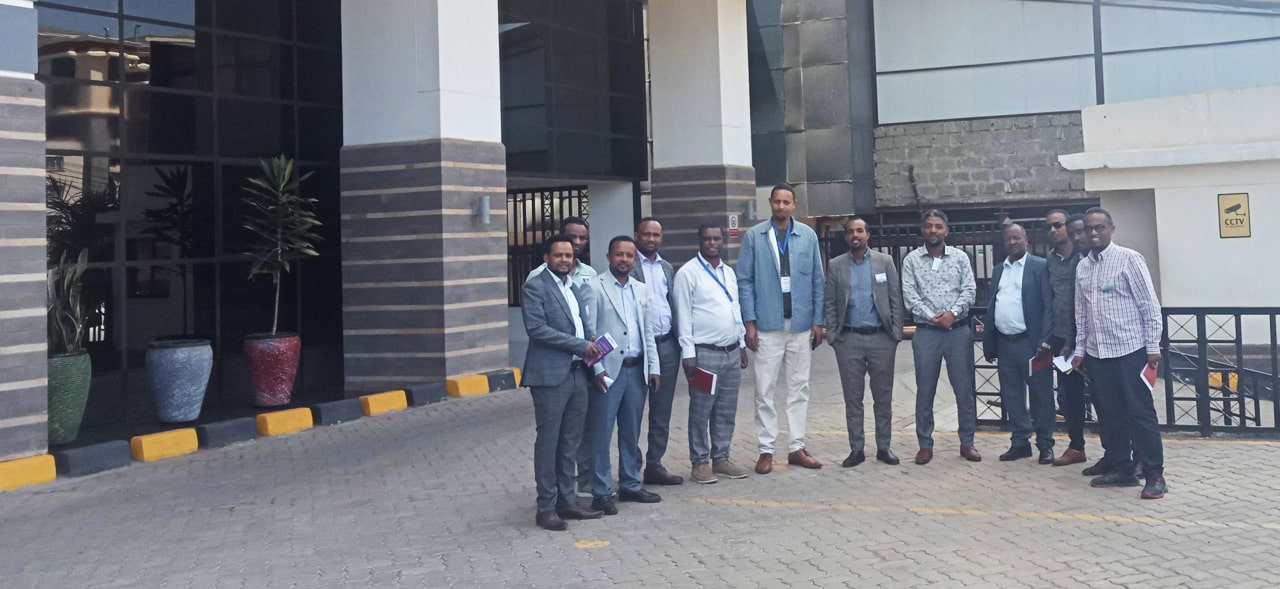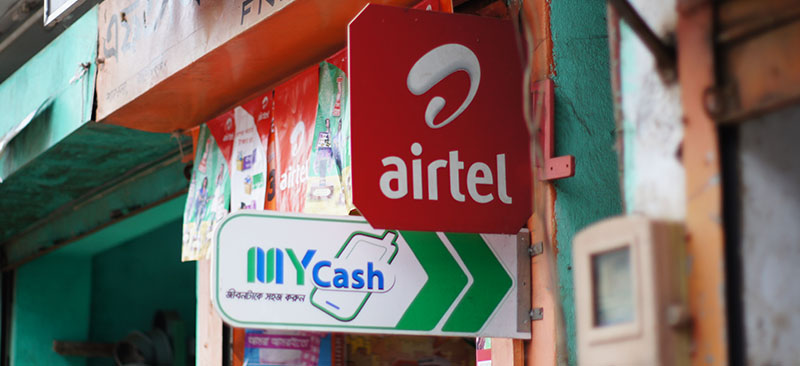
Faulu Microfinance Bank, a market leader, is one of the fastest-growing microfinance institutions in Kenya, with 43 banking branches and 21 marketing offices. The bank upgraded its core banking system to drive the efficiency and growth of the bank’s assets and liabilities. The bank contracted MSC to help with its transformation and drive effective and efficient credit and deposits.
MSC provided technical assistance to reengineer the credit and operations processes, conduct client segmentation, and develop a credit scoring model and strategy to drive deposits through the current and savings accounts. Faulu implemented these improvements. As a result, Faulu refined and enhanced its credit, operations, and finance processes. It now provides a better customer experience through improved processes and efficiency.
The key results from the intervention included a 28% reduction in costs, 2X efficiency, a 50% reduction in turnaround time, diversified liability sources, and helped future-proof the organization.
Faulu Microfinance Bank commissioned the project.

The Cordaid-Rabobank Foundation-MSC Indonesia microfinance development program supported a selected group of 15 microfinance institutions (MFIs) spread across Java and Bali islands in Indonesia.
MSC subsequently provided assistance to strengthen the MFIs’ operations through strategic business planning, market research, product development, testing and rollout, process re-engineering, risk management, and a variety of other key interventions. MSC also trained local consultants so that they could provide quality services in a sustainable manner to the partners and to other financial institutions.
In a subsequent phase of the project, MSC strengthened the effectiveness of microfinance institutions in augmenting the livelihoods of the low-income segment, served by the partner cooperatives. Across the two phases, over 345,341 micro-entrepreneurs, including 30,000 smallholder farmers, benefited from accessing enhanced financial services.

MSC supported the end-to-end digital transformation of BURO, one of Bangladesh’s leading microfinance institutions (MFIs), to strengthen its operational efficiency, expand outreach, and enhance customer experience. The objective was to help BURO adopt appropriate digital technologies, upskill its workforce, and diversify its product offerings to better serve its clients.
We followed a three-phase approach:
- Assessment and project design: We began with a comprehensive baseline assessment to understand BURO’s existing business model, technology landscape, and operational capabilities. This phase included a strategic planning exercise to define the digital transformation roadmap and the design of a pilot project aligned with BURO’s long-term goals.
- Pilot preparation: We strengthened BURO’s internal capacity by establishing the necessary back-end systems, defining operational processes, and aligning human resources. Our team worked closely with BURO to ensure the institution was ready to effectively launch the pilot phase.
- Pilot implementation and strategic planning: We supported the rollout and real-time monitoring of the digital pilot. Based on the findings and insights from this phase, we facilitated a final round of strategic planning to refine the digital transformation strategy and prepare for scale-up.
The first phase involved baseline assessment and project design, where we conducted a strategic planning exercise on the business model and pilot project. In the second phase of pilot preparation, we focused on establishing the back-end systems and HR resources needed to roll out the pilot phase. The last phase was pilot rollout and monitoring, followed by final strategic planning. For more details, read the case study here.
MetLife Foundation commissioned the project.

A leading commercial bank in India with a fast growing microfinance portfolio required an adequate human resource management system to support and fuel its growth in a sustainable manner.
The bank offered various financial products, such as credit and liability products to entrepreneurs, low-income clients, and SMEs. MSC designed the organizational structure from the bank’s perspective while making the structure effective enough for the bank to offer microfinance and SME products. The HR system included the development of the organizational hierarchy for microfinance operations, compensation packages, staff incentive policy, human resource policies, and guidelines. The inputs from this project helped to streamline the microfinance vertical of the bank.
The leading commercial bank commissioned the project.

MSC was commissioned to understand the needs and preferences of female mobile financial services (MFS) users in Bangladesh. We used our Market Insights for Innovation and Design (MI4ID) approach, which relies on behavioral research methods to conduct extensive in-depth research to understand female MFS users’ needs, requirements, and preferences. We designed two women-centric MFS products based on insights from the research and studied the demand and supply-side requirements. As a part of the project dissemination, MSC developed knowledge collaterals, such as policy briefs, focus notes, and blogs, and published them globally. After project completion, we disseminated key findings and collaterals at a national-level convention with key stakeholders.
IFC- World Bank commissioned the project.

MSC partnered with five non-bank financial institutions (NBFIs) to design, develop, and scale enterprise financing verticals targeted at urban and rural microenterprises. The project aimed to enhance access to credit for microenterprises in India.
To inform the intervention, MSC conducted comprehensive primary and secondary research to assess the credit needs, behaviors, and preferences of microenterprises. Based on these insights, we co-created tailored enterprise loan products with the partner institutions and formulated strategic plans for product roll out and scale-up.
MSC also developed robust operational policies and an integrated credit-scoring framework to assess client risk. We built institutional capacity to ensure sustainable delivery of microenterprise lending.The initiative included extensive pilot testing and subsequent rollout support. During the pilot phase alone, partner institutions disbursed microenterprise loans worth approximately USD 14.8 million and far exceeded the project’s original targets.
Michael & Susan Dell Foundation (MSDF) commissioned the project.





